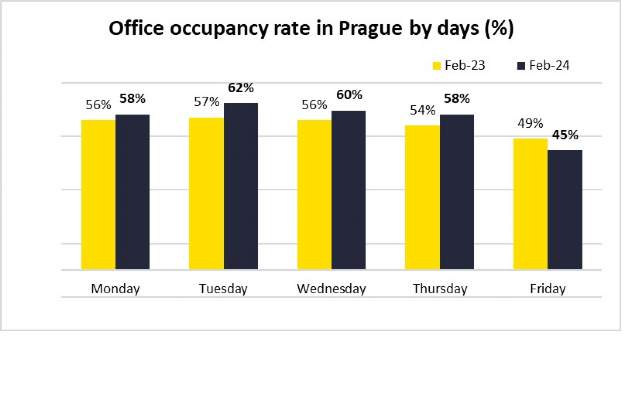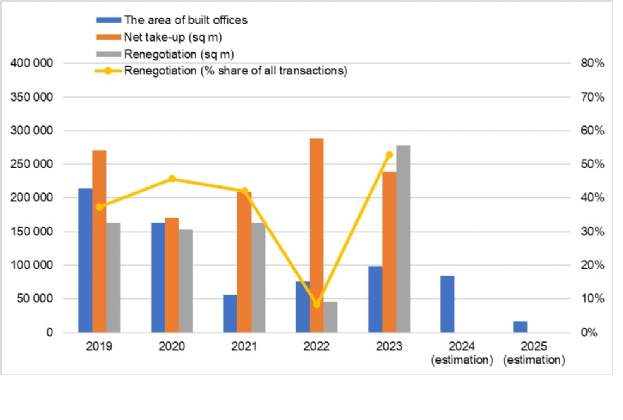The winning of this year’s MIPIM Startup Competition by local firm Spaceti has put the topic of property technology firmly in the Czech public eye, with industry players saying the proptech revolution has reached a turning point when it is set to have a major impact on our everyday lives.
Spaceti (which stands for Space Technology Innovation, pronounced Space-Tee) saw off the challenge from other proptech startups from around the world to win the MIPIM Startup Competition.
Founded in 2016 by former members of an IBM innovation team based in the US tech giant’s CEE headquarters in Prague, Spaceti designed a system that could alert the building’s occupants to emergency situations by using sensors linked to a mobile app. But the startup quickly realised its core technology of sensors could gather data about temperature, humidity, occupancy, space utilisation and other variables, which could then be used to address the “pain points” that occupants encounter on a daily basis, thus enhancing the satisfaction, productivity and wellbeing of the people in the buildings, while improving the bottom line for organisations. Using its team of talented, multilingual engineers based in Prague, co-founder Aakash Ravi says Spaceti has since grown quickly to about 50 people working on more than 50 projects worldwide with offices in New York, London and Stockholm.
But Spaceti is just the most visible of a growing army of proptech companies in the Czech Republic that are changing how buildings are constructed, managed and traded here.
.png)


.jpg)






.jpg)